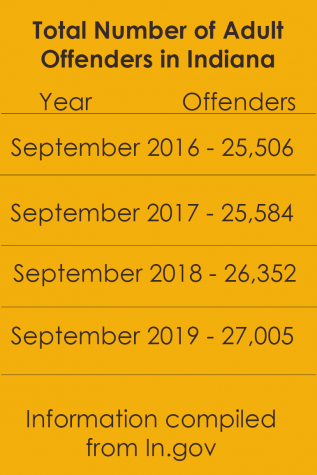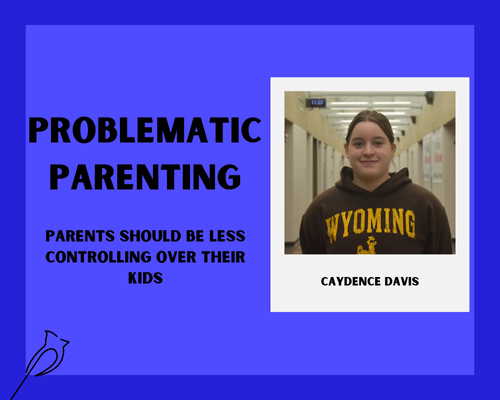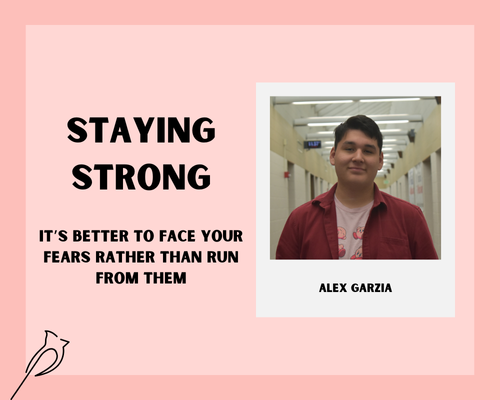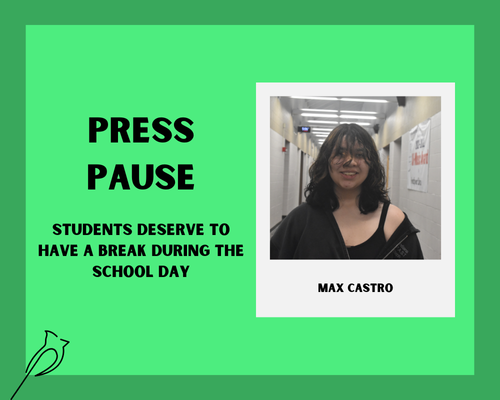Locked up for life
Mass incarceration is a problem in America
Marion County has a total of three jails. In all, the jails hold up to 2,507 inmates. According to Marion County Re-entry Coalition at least 85% of the people are being held pre-trial. That’s about 2,131 people being held while not yet convicted.
Mass incarceration refers to the high rate of imprisonment in the United States — that includes those convicted of a crime and those being held pre-trial. According to World Prison Brief, America accounts for 2.2 million of the 10.35 million prisoners across the world. This is unacceptable and needs to be addressed across the country.
Mass incarceration is not something that I had given much thought to until my trip to Washington D.C. this past summer for an internship that I participated in through Bank of America. At the summit, student leaders were introduced to the Bard Prison Initiative, an opportunity for those in prison to earn a college degree while they serve time. We were even introduced to a graduate of the program who had recently gotten out of prison. It was his story that made me more aware of issues concerning imprisonment and made me want to know more about how it is being handled in my home city.
After meeting with a representative from the Marion County Re-entry Coalition, I learned that one of the biggest factors in being rearrested is mental health, not race, age, gender or the severity of the offense. According to the re-entry coalition, criminals that were referred to the mental health team were 1.4 times more likely to be arrested again within six months of their release.
During his fourth State of the City address, Mayor Joe Hogsett said that when officers respond to a disturbance that is related to mental illness or substance abuse they are either taken to jail or the emergency room. Most of the time the incarcerated are held until they calm down or someone can come get them. It’s not only costly but ineffective.
Indianapolis is taking a step towards helping with this issue through a grant of $1.3 million from The State of Indiana Division of Mental Health and Addiction. The grant will go towards expanding the Mobile Crisis Assistance Teams program. The program was started in 2017 and according to Inside Indiana Business 96% of interactions with the members resulted in no arrests which led to a 67% increase in referrals to the program rather than incarceration. The grant will help expand the services of the Mobile Crisis Assistance Teams program.
I hope that Indianapolis can become a model for other cities that struggle with mass incarceration. Marion County jails are a small snapshot of what happens across the country and without the voices of those who are willing to take a stand against mass incarceration, nothing will ever be changed. Marion County jails have room for improvement but have taken a step in helping to reduce the risk of reincarceration.

Hello! My name is Julia Brookshire and I am the Online Managing Editor this year for The Journal. My journey to this position has been in fast forward,...







